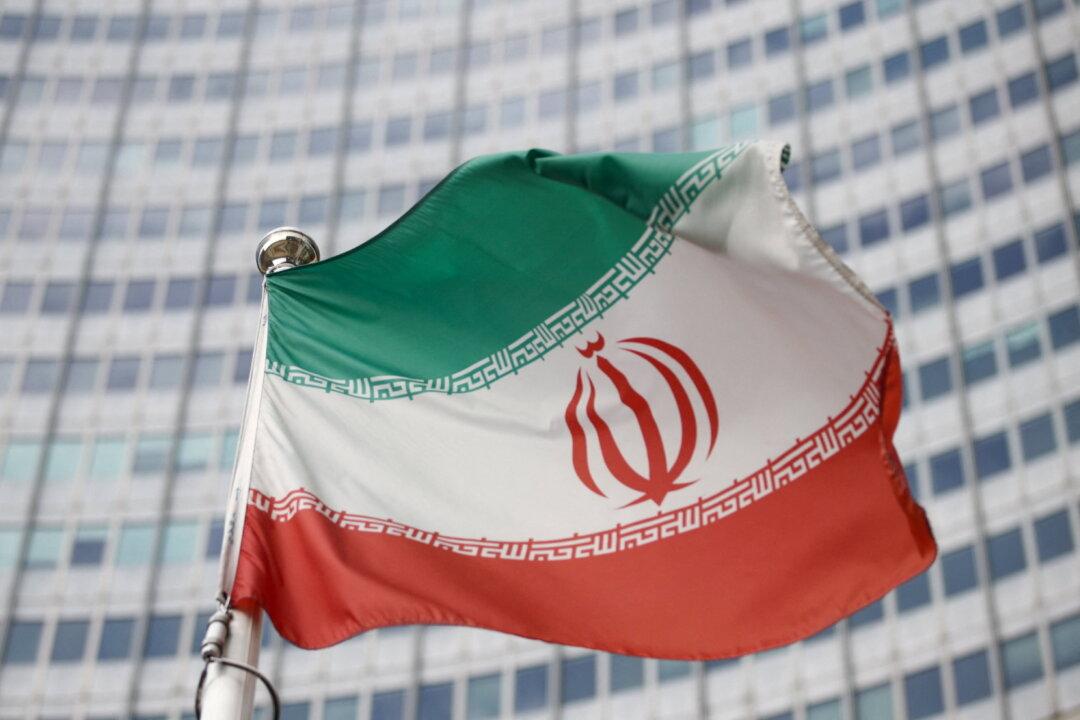A campaign against a movie that saw some members of the Muslim community protest cinemas across the UK, had its origins in Iran eighteen months ago, according to research from a conservative think tank.
A new research note by Dr. Paul Stott from the Security and Extremism Team at the think-tank Policy Exchange (pdf) wrote that it was Iran that initiated the campaign against “Lady Of Heaven” eighteen months ago, beginning with negative statements by top regime officials.





